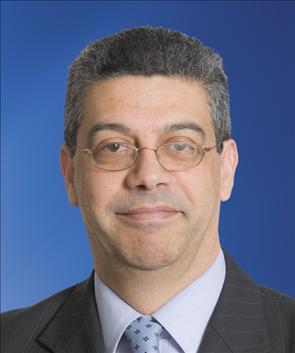The National Party has announced that if re-elected to Government in November, it would introduce an automatic enrolment of employees, currently not included as a part of the KiwiSaver scheme.
The automatic enrolment would occur in 2014-15 if the Government’s budget balance returns to surplus. It would mean all employees would be in KiwiSaver.
Those not wishing to join would be able to opt out, currently within two to eight weeks after joining the Scheme.
According to Government estimates, this initiative will cost $550 million over four years, assuming a 55% take up rate by those employees not in KiwiSaver.
This would increase the number of KiwiSavers by about 275,000. The additional cost is due to the $1000 one-off kick-start payment for KiwiSaver members and Government tax credits, currently capped at $521 per annum.
Automatic enrolment will impose additional costs on employers.
This will be on top of the extra 1% employer contribution, from April 1, 2013, for employees who are currently KiwiSaver members. Cumulatively, the cost of employment will increase.
Overall, employers can expect their cost to be no less than the total cost of $500 million to Government (as employers’ liabilities are not capped).
Dealing with the possibility of this extra cost should be a consideration as longer-term employment contracts come up for renegotiation.
Critical to savings
National and Labour have indicated that building New Zealand’s national savings will form the cornerstone of their election campaigns.
There have been some major announcements already. National has proposed to partially release equity in certain state assets to reduce debt, while Labour has proposed a Capital Gains Tax as an alternative.
It is noteworthy that the proposed auto-enrolment is dependent on Government returning to surplus by 2014-15.
This is to ensure the additional cost can be funded.
The 2011 fiscal has forecast that the Budget would be balanced by then, buoyed by the Canterbury rebuild and strengthening global economic recovery.
Recent events suggest this outlook might now be optimistic.
The pre-election Economic and Fiscal Update should provide a clearer picture of New Zealand’s (updated) projected fiscal track.
Auto-enrolment is keeping with the soft-compulsion approach of KiwiSaver.
The Government is not in favour of making KiwiSaver compulsory.
This is because not everyone would benefit from KiwiSaver as they may prefer to save in different ways, or pay off debt.
However, it points to survey results, which show a reasonably large section of the population may be willing to save through the scheme if actively prompted.

 The inertia of automatic enrolment is perhaps best demonstrated by the statistic that of the 1.7 million current KiwiSaver members, around 400,000 are still in ‘default’ KiwiSaver schemes.
The inertia of automatic enrolment is perhaps best demonstrated by the statistic that of the 1.7 million current KiwiSaver members, around 400,000 are still in ‘default’ KiwiSaver schemes.
Employees who are automatically enrolled in KiwiSaver, but who do not choose a particular fund provider, are randomly allocated to one of the default KiwiSaver schemes.
Labour has hinted at a comprehensive savings policy, centred on KiwiSaver, to be released later. Time will tell whether this becomes a major election battleground and a potential tipping point for voters.
Murray Sarelius and John Cantin are Partners (Tax) at KPMG, based respectively in Auckland and Wellington. KPMG New Zealand is a Sponsor of the Indian Newslink Indian Business Awards 2011 with a unique package. The Firm would host 12 Business Workshop Sessions for winners and a finalist in six categories.







